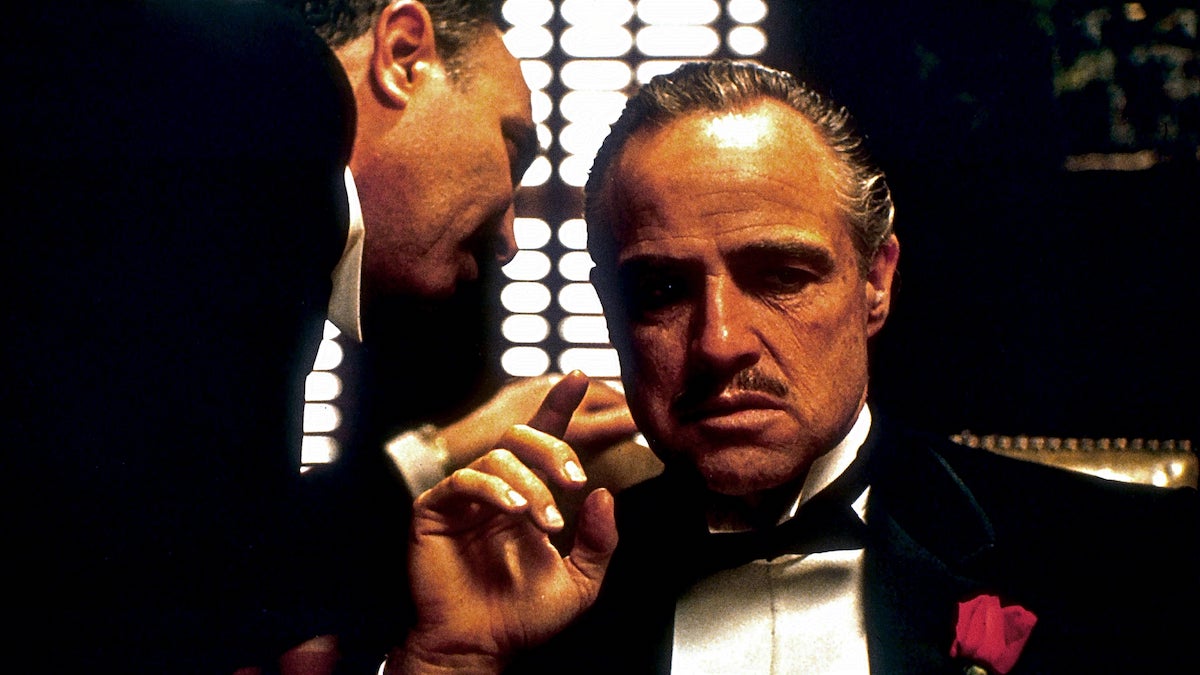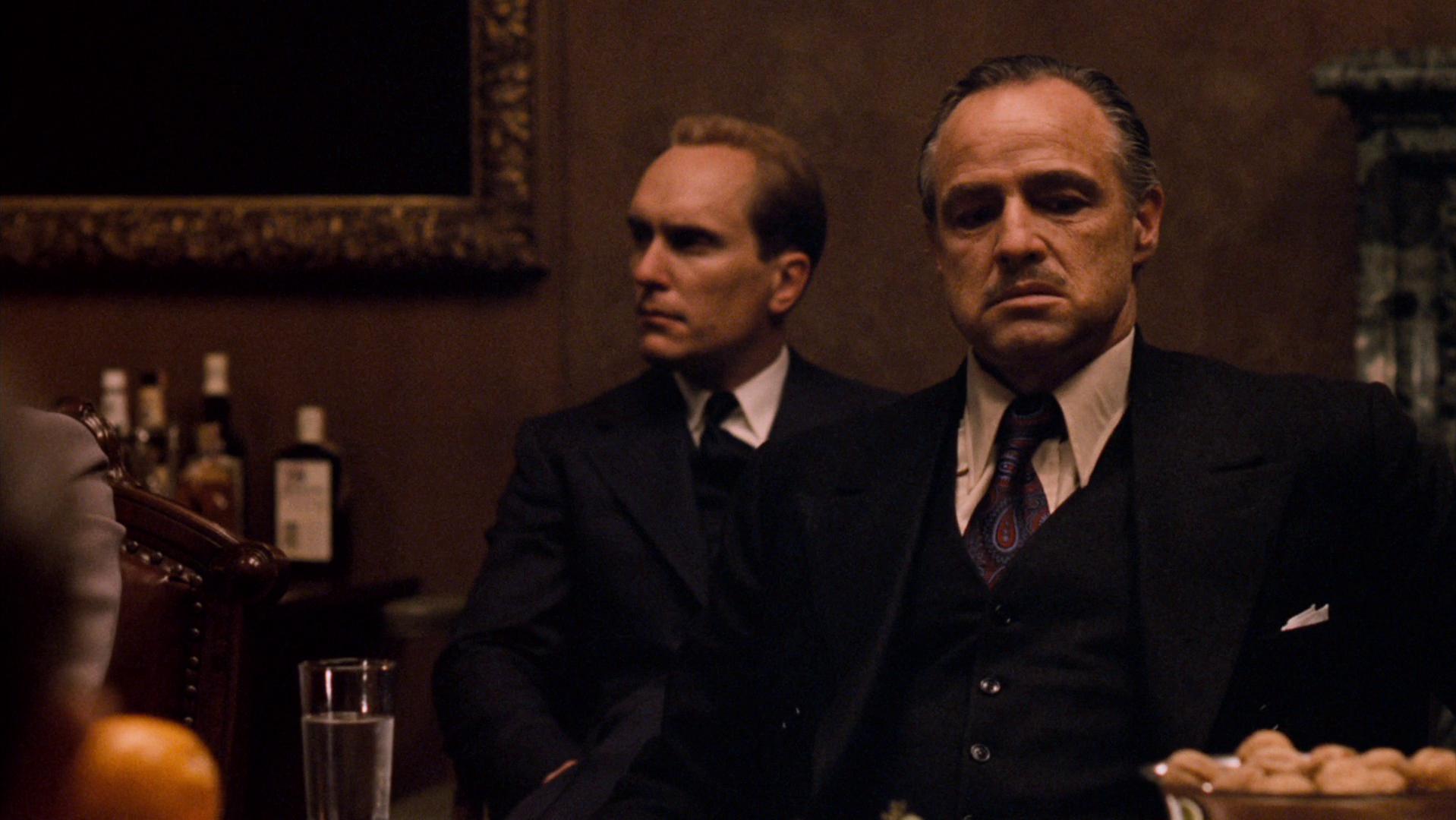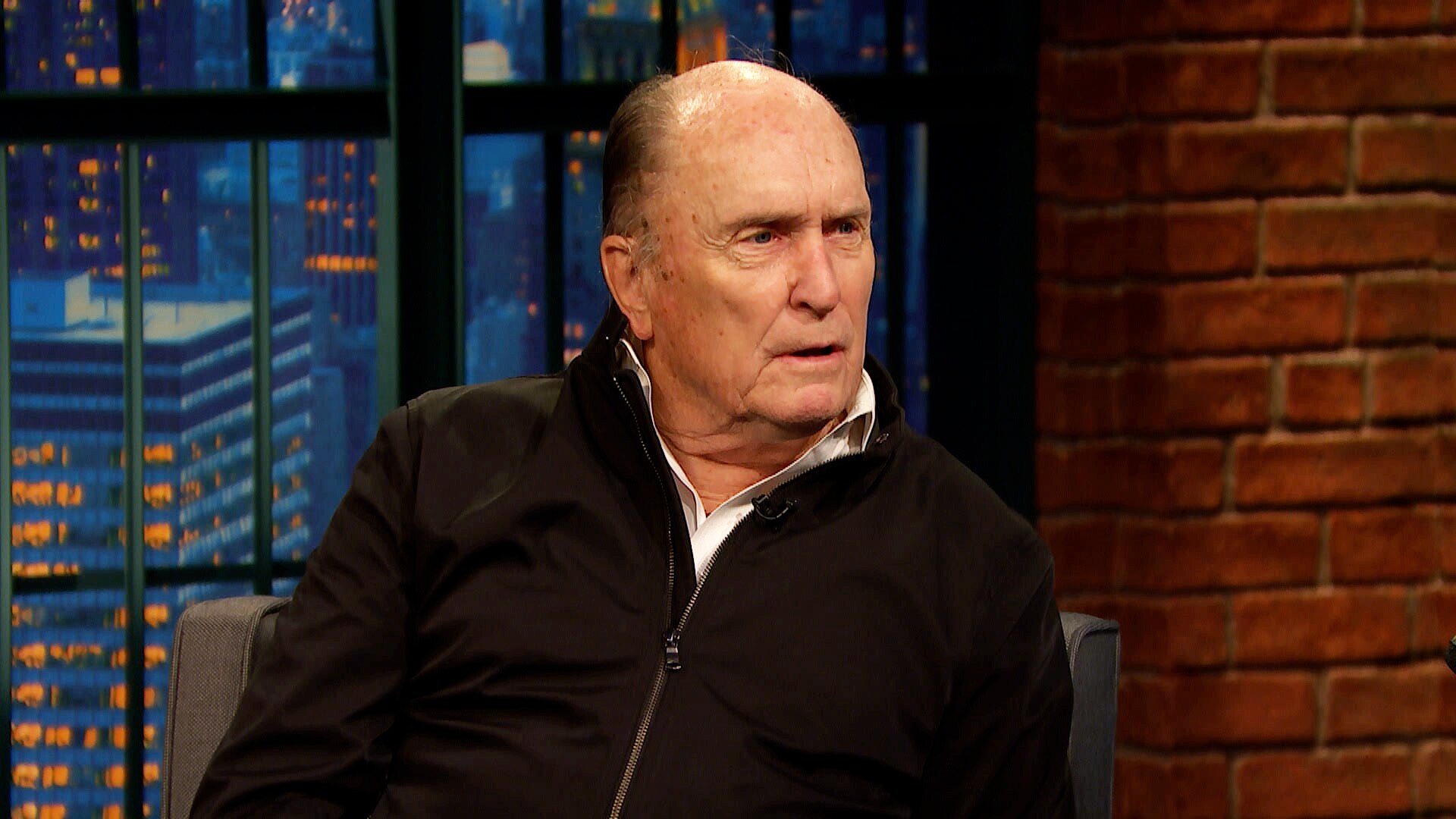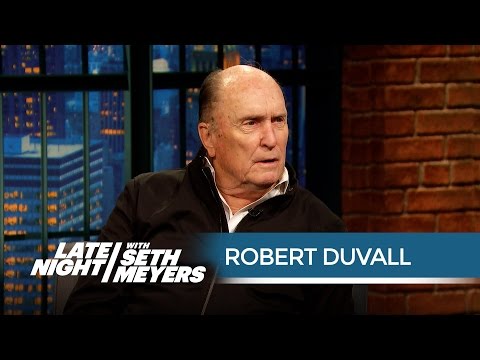During the iconic filming of The Godfather, where Robert Duvall shared the screen with the legendary Marlon Brando, an unusual method of line delivery sparked much discussion. Celebrating the 50th anniversary of the film, Duvall revealed in interviews with The A.V. Club and EW his insights into Brando’s distinctive approach to acting, particularly his use of cue cards.

The Cue Card Controversy
Marlon Brando, revered for his groundbreaking performances, chose an unconventional tactic for remembering his lines: cue cards. This method has been a subject of debate, seen by some as a shortcut in an actor’s craft. Robert Duvall candidly addressed this practice, suggesting that while it might have aided spontaneity, it also hinted at a certain laziness.
“He did that because he claimed it made him spontaneous, but I think it was partially that and partially laziness,”
Duvall remarked, sharing his perspective on Brando’s technique.

Duvall’s Take on Traditional vs. Innovative Acting
Duvall himself experimented with Brando’s method but ultimately rejected it, preferring to internalize his lines fully.
“No, not really because I tried that once. I didn’t go that route. I felt that if you know your lines perfectly, you can still be very spontaneous,”
he explained. His commentary sheds light on the differing schools of thought in acting—between thorough preparation and the search for momentary inspiration on set.
Duvall’s Admiration for Brando’s Revolutionary Style
Despite their differing approaches, Duvall expressed profound respect for Brando’s abilities. Describing Brando as “revolutionary,” Duvall highlighted his natural style and emotional vibrancy, which remained potent even when employing less traditional methods.
5/30
The Godfather (1972)
"I'm going to make him an offer he can't refuse."
~ Don Vito Corleone
I would’ve missed my chance if I didn’t include Marlon Brando’s Don Vito iconic lines in Francis Ford Coppola’s The Godfather. pic.twitter.com/HUVcbVTute— bepis. (@NorfolkRoadster) April 7, 2022
“He was revolutionary in his way of being very natural, but within pulses still being able to keep it alive emotionally,”
Duvall praised.
The Role of Francis Ford Coppola
Further enriching the narrative of The Godfather‘s creation, Duvall applauded director Francis Ford Coppola for his visionary leadership. Coppola’s determination to allow actors the freedom to explore and innovate was pivotal in achieving the film’s authentic and unforgettable performances. Duvall credits Coppola for creating an environment where such experimental approaches, like Brando’s use of cue cards, could coexist with more conventional methods.
Reflecting on a Cinematic Milestone
Reflecting on the legacy of The Godfather, Duvall noted the film’s unique atmosphere compared to its sequel, The Godfather: Part II. He found the original film more enjoyable to make, filled with a sense of camaraderie and innovation that perhaps was less pronounced during the production of the sequel. His reflections offer a glimpse into the experiences that shaped this monumental film and continue to influence actors and filmmakers alike.

In summary, while Robert Duvall may have critiqued Marlon Brando‘s reliance on cue cards, he also acknowledged the method’s role in fostering a fresh, spontaneous performance. This balance of structured preparation and in-the-moment creativity remains a cornerstone of acting debates, illustrating that there is no one-size-fits-all approach to the craft. As The Godfather continues to be celebrated, these behind-the-scenes insights enrich our understanding of what made the performances within it so compelling and revolutionary.

